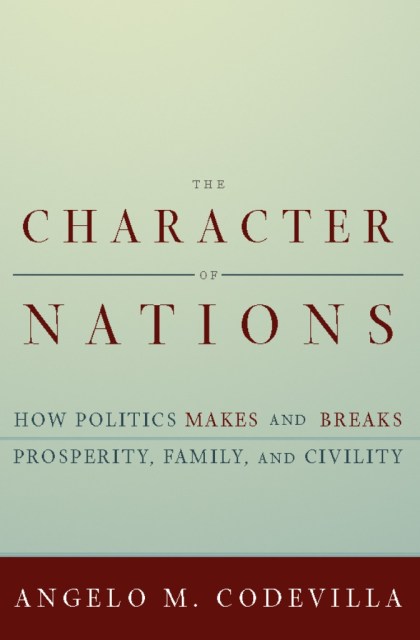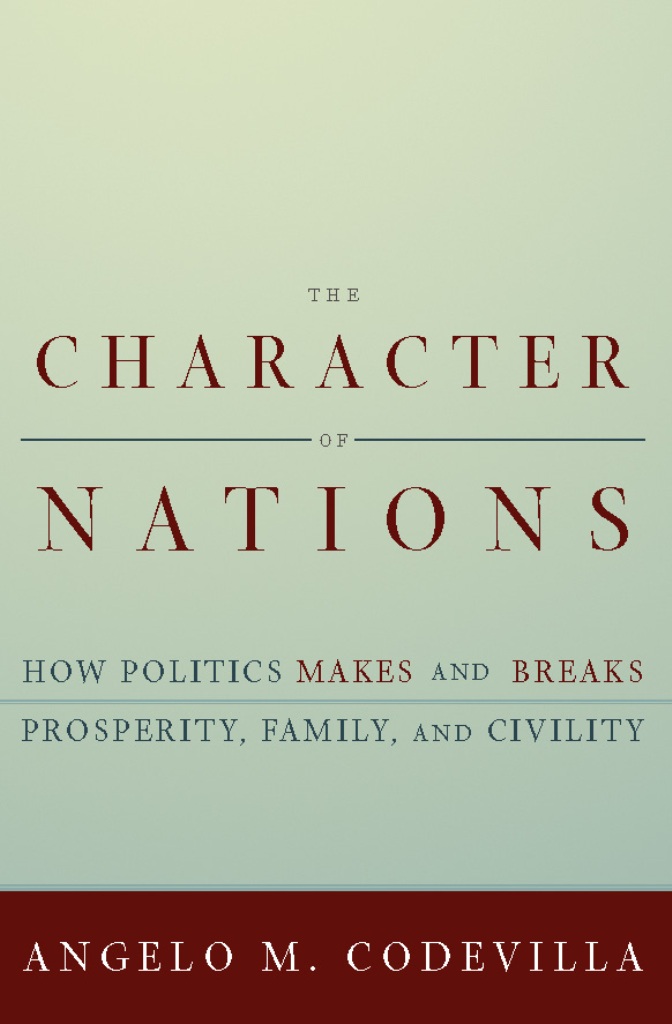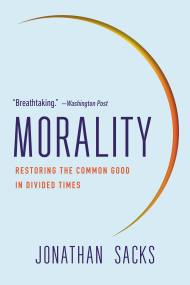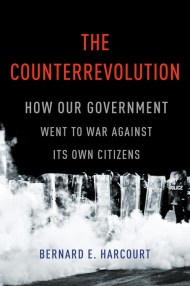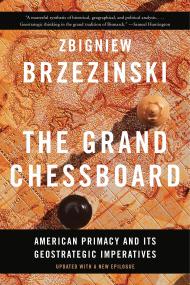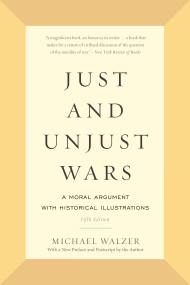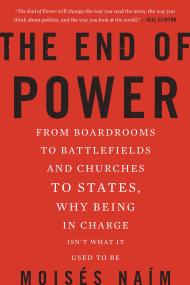By clicking “Accept,” you agree to the use of cookies and similar technologies on your device as set forth in our Cookie Policy and our Privacy Policy. Please note that certain cookies are essential for this website to function properly and do not require user consent to be deployed.
The Character of Nations
How Politics Makes and Breaks Prosperity, Family, and Civility
Contributors
Formats and Prices
- On Sale
- Mar 24, 2009
- Page Count
- 400 pages
- Publisher
- Basic Books
- ISBN-13
- 9780786726998
Price
$12.99Price
$16.99 CADFormat
Format:
ebook $12.99 $16.99 CADThis item is a preorder. Your payment method will be charged immediately, and the product is expected to ship on or around March 24, 2009. This date is subject to change due to shipping delays beyond our control.
